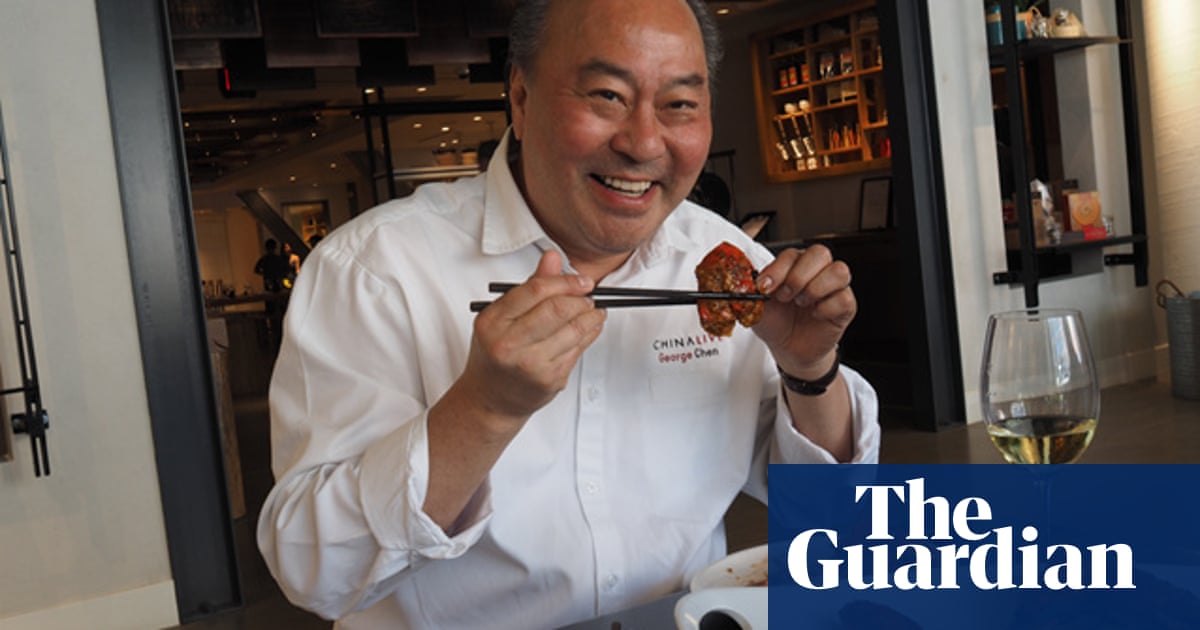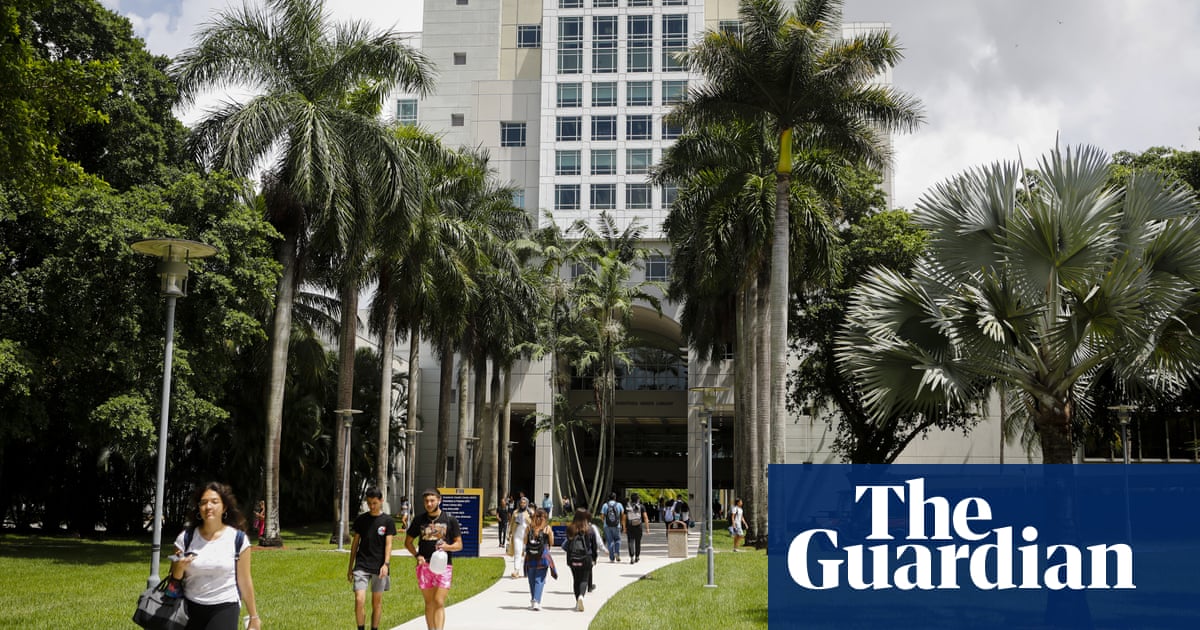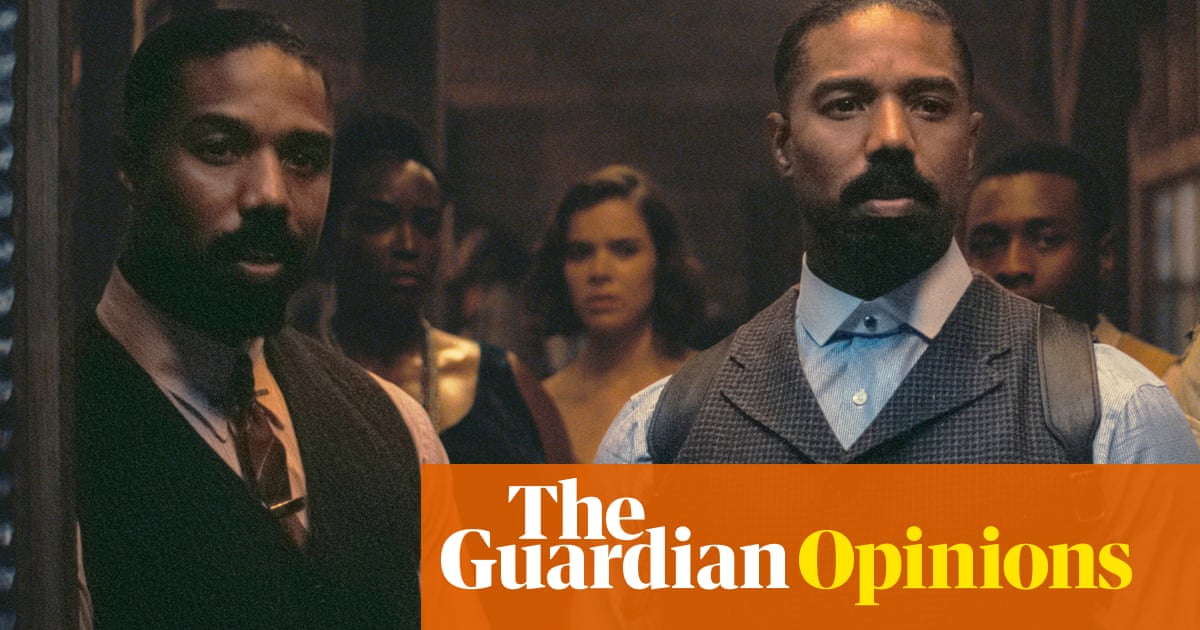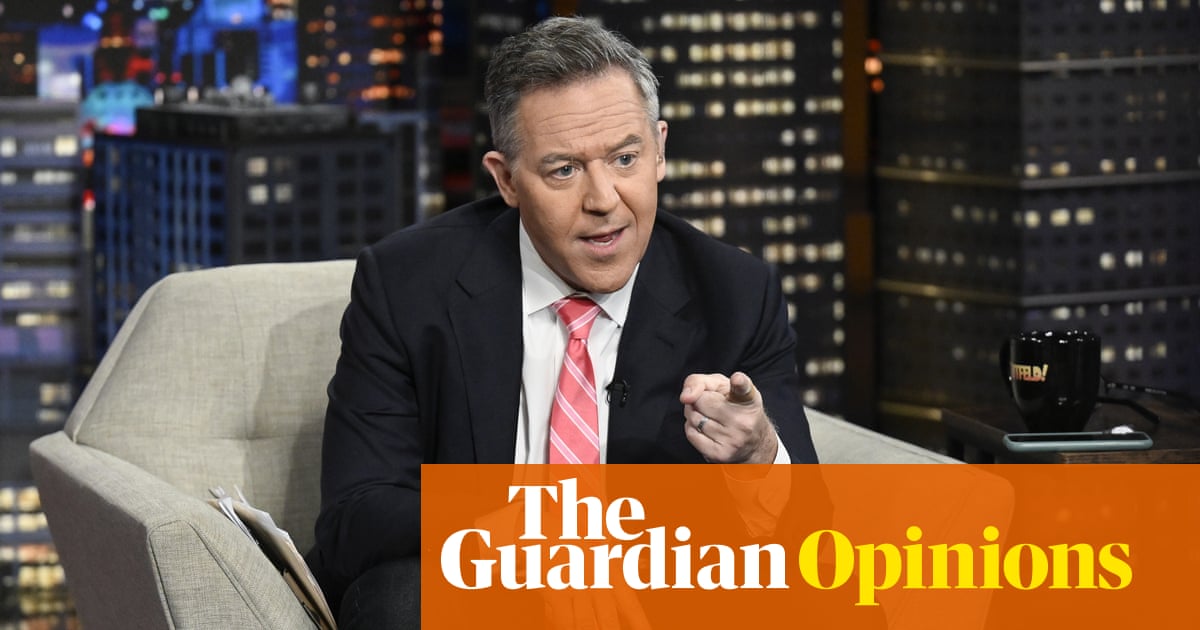Donald Trump’s allies have been forced to perform political summersaults over his pardons for more than 1,500 rioters convicted of attacking the US Capitol after saying beforehand that no clemency would be shown to those guilty of violence or attacking police officers.
The inauguration day pardons also threatened to trigger a revolt among Republican senators, several of whom bluntly condemned them without extending the criticism to Trump himself.
They prompted a bout of hurried backtracking from close cohorts, namely Vice-President JD Vance; Mike Johnson, the speaker of the House of Representatives; and the newly confirmed secretary of state, Marco Rubio.
All three were left exposed by previous comments that either condemned the 6 January 2021 insurrection – which was aimed at keeping Trump in office after his 2020 election defeat – or offered assurances that pardons would not cover violent offenders.
Trump had repeatedly vowed to pardon offenders convicted of involvement as one of his first acts on returning to office – calling them “hostages” and “political prisoners” on the campaign trail.
However, it was broadly assumed that clemency would be awarded only to so-called “peaceful protesters” and not those convicted of violent assault.
Vance drew the distinction in a Fox News interview eight days before the inauguration, telling the network: “If you committed violence on that day, obviously you shouldn’t be pardoned.”
His comments – which were believed to have echoed Trump’s earlier views – were amplified by Johnson on the eve of the inauguration. “What the president has said and what the vice-president-elect, JD Vance, has said is that peaceful protesters should be pardoned, but violent criminals should not. That’s a simple determination,” he told NBC.
But such qualifications were ultimately swept aside by what Axios called Trump’s “last-minute, rip-the-bandage-off decision” to pardon all offenders, after having earlier considered more targeted clemency.
“Fuck it, release ’em all,” the site, citing an adviser familiar with the decision, quoted Trump as saying.
The catch-all pardons resulted in the freeing of Enrique Tarrio, the former Proud Boys militia leader, who was serving a 22-year sentence for sedition. Also released after having his 18-year sentence commuted was Stewart Rhodes, founder of the Oath Keepers. Neither took part in the invasion of the Capitol but they were convicted of directing it from the outside, or planning to topple the government.
But others pardoned included several men guilty of attacking police with pepper or wasp-killer spray, reinforced brass knuckles or – in one case – an “electroshock weapon”, according to a fiercely critical editorial in the normally pro-Trump Wall Street Journal.
Johnson awkwardly sidestepped the issue at a Wednesday press conference, telling reporters: “The president’s made his decision. I don’t second-guess those … We believe in redemption. We believe in second chances.”
Several Republican senators were less circumspect, including Mitch McConnell, the former Republican leader in the chamber who has frequently clashed with Trump.
“No one should excuse violence. And particularly violence against police officers,” he told Semafor.
Lisa Murkowski, a Republican senator for Alaska, said she was “disappointed”, adding: “I do fear the message that is sent to these great men and women that stood by us.”
Those views were echoed by several other Republican senators, though none criticised Trump directly, while some – including John Thune, the new GOP majority leader in the Senate – attempted to deflect attention on to the pardons granted by Joe Biden to members of his family and figures critical of Trump who might otherwise be targets of his threats of “retribution”.
Rubio, who denounced the Capitol attack as “3rd world style anti-American anarchy” on the day it happened, sought shelter behind his new foreign policy brief when asked to comment on the pardons on NBC’s Today Show the morning after Trump issued them.
“I hope you guys all understand that my days – at least in the time at the Department of State – of engaging in domestic politics will be put aside as I focus on the affairs the United States has around the world,” he told the co-host Craig Melvin.
When Melvin pressed, he called the question “disappointing”.
“I’m going to be working on foreign policy issues, and you want to revisit these issues that are going on in domestic politics,” he said. “It’s not going to happen. If you have questions for me about foreign policy and engaging in the world, I’d be happy to talk to you about those.”

 2 months ago
44
2 months ago
44













































